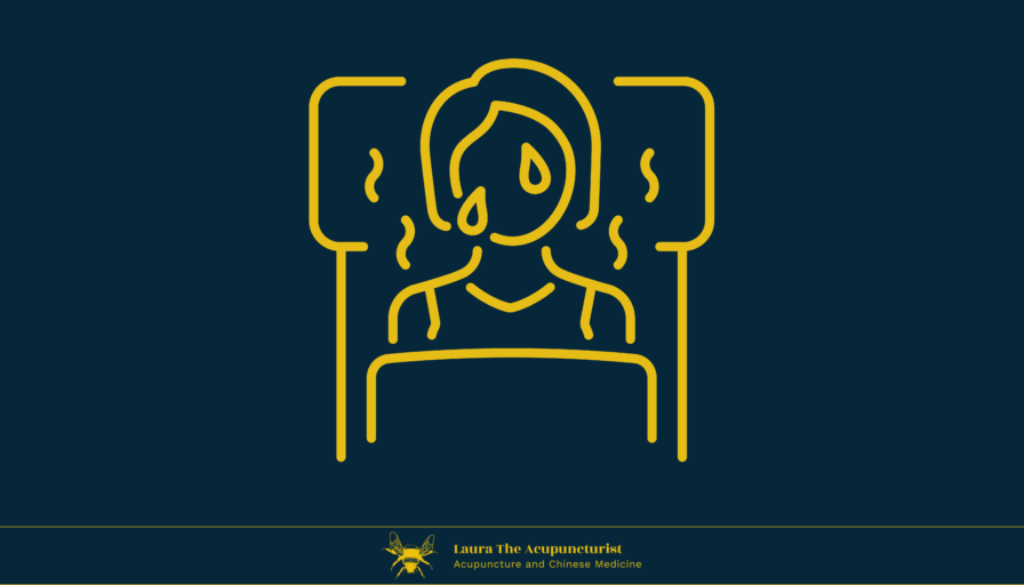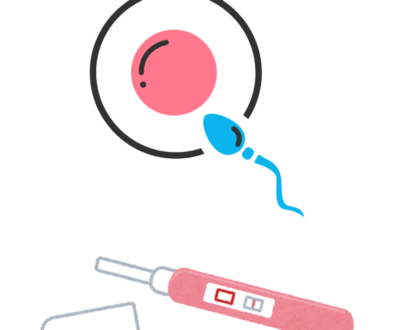Menopause: What Can You Do To Manage Your Symptoms?
Understanding Menopause: Symptoms, Medications, and Support through Traditional Chinese Medicine
Menopause is a natural phase in every woman’s life, marking the end of reproductive years. It typically occurs between ages 45 and 55, though some women may experience it earlier or later. The journey through menopause can vary greatly, with symptoms ranging from mild to severe. Understanding what’s happening biologically during menopause can help you make informed choices to support your health and well-being.
What Happens To You During Menopause?
Menopause occurs as a result of the gradual decline in ovarian function, leading to decreased production of the hormones oestrogen and progesterone. These hormones are essential for regulating menstrual cycles, and as they decline, ovulation ceases, and periods become less frequent before eventually stopping altogether.
This decrease in hormones affects not only the reproductive system but also other parts of the body, which leads to many of the common symptoms of menopause. For instance, lowered oestrogen levels impact the thermoregulation centre in the brain, causing hot flushes and night sweats. The fluctuating hormones can also lead to mood swings, anxiety, and insomnia. As oestrogen plays a role in maintaining bone density and cardiovascular health, the decline may increase the risk of osteoporosis and cardiovascular disease.
Common Symptoms of Menopause
Hot Flushes and Night Sweats: These are caused by changes in the body’s ability to regulate temperature.
Mood Changes: Fluctuating hormones can lead to mood swings, irritability, and even depression.
Vaginal Dryness: Reduced oestrogen can lead to less lubrication, making intercourse uncomfortable.
Insomnia and Fatigue: Sleep disturbances are common, as hormone levels fluctuate.
Decreased Libido: Hormonal changes can affect sexual desire.
Weight Gain: Changes in metabolism can lead to weight gain, particularly around the abdomen.
Common OTC and Prescription Medications
To help manage menopause symptoms, many women turn to over-the-counter (OTC) and prescription options. Here are some of the most common treatments available:
Hormone Replacement Therapy (HRT): HRT is one of the most commonly prescribed treatments for hot flushes, mood changes, and vaginal dryness. It can work by replenishing declining hormone levels. However, HRT is not suitable for everyone and can carry certain risks, so it’s important to discuss it thoroughly with your primary healthcare provider.
Vaginal Oestrogen Creams: These can be helpful for managing symptoms like vaginal dryness and discomfort during sex.
Antidepressants: In some cases, low doses of antidepressants may help alleviate mood swings and hot flushes.
Diet and Lifestyle Techniques
There are several lifestyle changes that can help alleviate menopause symptoms and improve overall well-being:
Balanced Diet: Incorporate a diet rich in phytoestrogens (plant-based compounds similar to oestrogen), such as soy, flaxseeds, and legumes. Include calcium-rich foods to support bone health, such as leafy greens, nuts, and seeds.
Exercise: Regular weight-bearing exercises like walking, dancing, and yoga are important for maintaining bone density and cardiovascular health. Exercise also helps improves mood and promotes better sleep.
Hydration: Staying hydrated can help alleviate symptoms like hot flushes and dry skin.
Mindfulness and Relaxation Techniques: Practicing yoga, meditation, or breathing exercises can help reduce stress and anxiety, making menopause easier to manage.
Avoid Triggers: Hot drinks, spicy foods, alcohol, and caffeine can trigger hot flushes for some women. Identifying and avoiding personal triggers can help reduce symptoms.
How Acupuncture and Herbs Support Yin and Alleviate Menopause Symptoms While You Grow Through It
In Traditional Chinese Medicine (TCM), menopause is often seen as a decline in Kidney Yin. Yin is the cooling, nourishing aspect of the body, and when it becomes deficient, it can lead to symptoms like hot flushes, night sweats, and irritability—all signs of heat rising due to insufficient Yin to keep it in balance. I usually explain this to people as if your air conditioner has broken, you feel warmer by comparison. Acupuncture and Chinese herbs can play a significant role in replenishing Yin, calming the mind, and restoring balance during menopause.
Acupuncture for Menopause
Acupuncture helps regulate the body’s energy flow (Qi) and supports Yin by stimulating specific points on the body. Acupuncture treatment for menopause can:
Reduce Hot Flushes and Night Sweats: By calming the mind and balancing Yin and Yang, acupuncture can help regulate temperature fluctuations.
Improve Sleep Quality: Acupuncture can help relax the nervous system and reduce anxiety, leading to better sleep.
Support Emotional Health: Treatments can target stress, anxiety, and mood swings by harmonising the Liver and Heart energies, which play a role in emotional well-being.
Many women who receive acupuncture during menopause find relief from their symptoms, alongside a general feeling of being more centred and balanced. Sessions are typically recommended once a week, but your practitioner will tailor a treatment plan that suits your needs.
Chinese Herbal Medicine for Menopause
Chinese herbal medicine offers a range of formulas that are highly personalised to an individual’s needs. The goal is to support the Kidney Yin and balance the heat symptoms:
Shu Di Huang (Rehmannia): A common herb used to nourish Yin and cool the body.
Bai Shao (White Peony Root): Helps to soothe the Liver and reduce irritability and mood swings.
Zhi Mu and Huang Bai: These herbs are often used together to clear heat from Yin deficiency, addressing symptoms like night sweats and hot flushes.
These herbs are only examples and will not be suitable for everyone. If you’d like to use Chinese herbal medicine to control your menopausal symptoms, seek out a licensed TCM practitioner. A personalised herbal prescription can make a significant difference, helping you to replenish your body’s resources, cool down excess heat, and alleviate a range of symptoms.
Final Thoughts
Menopause can be a challenging transition, but with the right support, you can find ways to navigate this time with greater ease and comfort. Acupuncture and Chinese herbal medicine provide a natural approach that works to address both the root cause of symptoms—Yin deficiency—and the symptoms themselves, offering relief from hot flushes, emotional changes, and more.
If you’re interested in exploring how acupuncture and herbs can help you through your menopause journey, get in touch.




